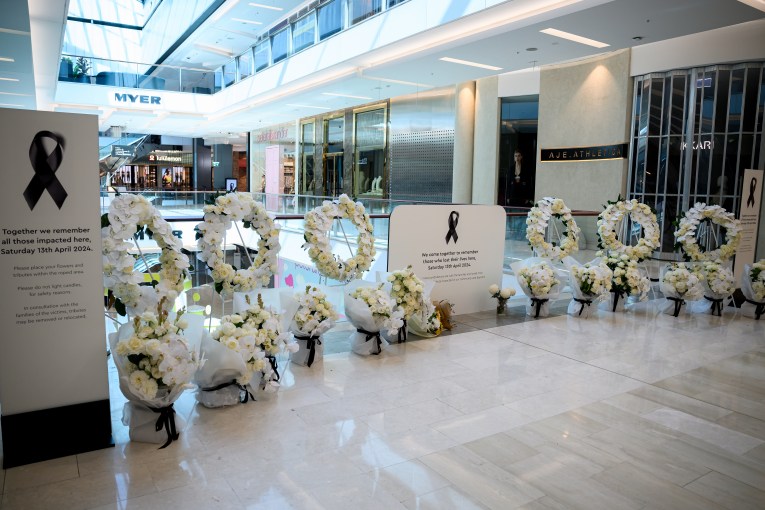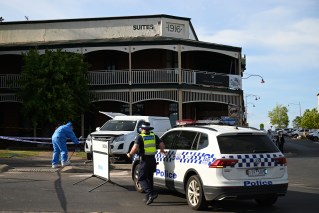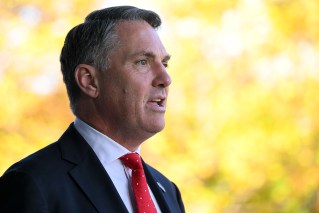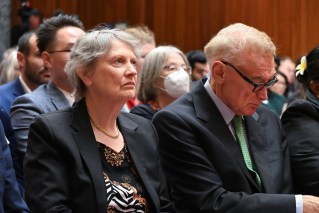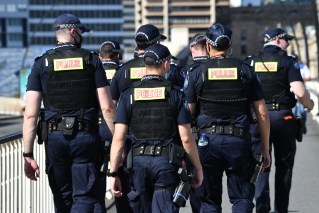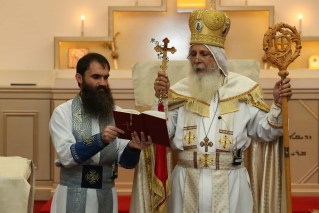New Zealanders will just have to wait before learning who won their election

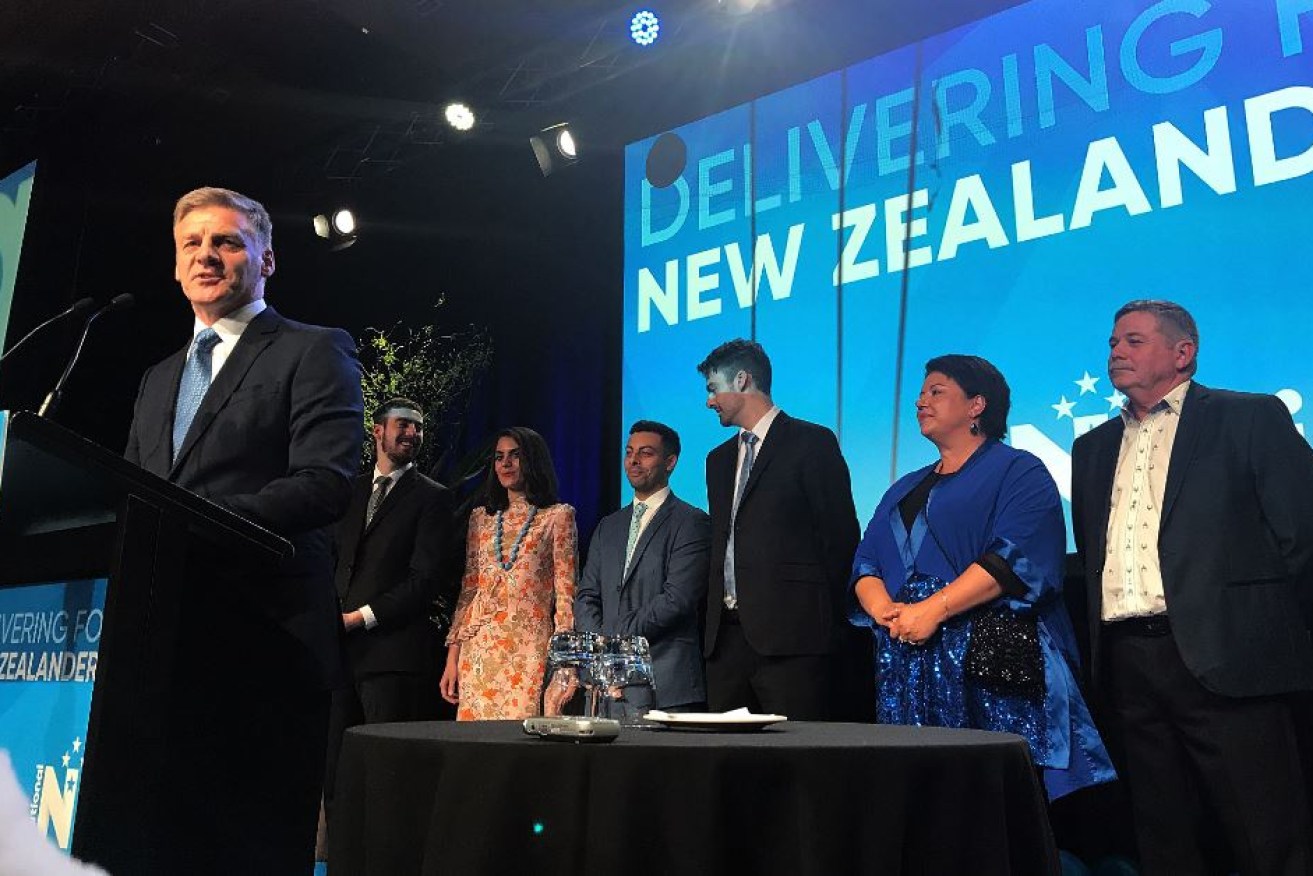
National Party leader Bill English addresses supporters when it became clear that he did not have the numbers to form government without a deal with one of the minor parties. AAP/Robert Lowe
New Zealand’s ruling National Party has won the most votes in the country’s general election – but not enough to form a government without help from a minor party.
That means New Zealanders may wait days, even weeks, before knowing who their next leader will be as the different political parties negotiate with each other to form a coalition.
Under New Zealand’s proportional voting system, large parties typically must form alliances with smaller ones in order to govern.
That means there is still a chance Prime Minister Bill English’s main challenger, Labour’s Jacinda Ardern, could get the top job.
With nearly all votes counted, the National Party was leading with 46 per cent, while support for Labour was 35.8 per cent, according to the Electoral Commission.
The nationalist New Zealand First Party had about 7.5 per cent of the vote so far, making it the likely kingmaker.
With the campaign over, who will be the next prime minister of New Zealand could come down to the quirks of the MMP [mixed member proportional voting] electoral system.
Speaking to supporters in Auckland, the Prime Minister underscored that “just short of half of all New Zealanders voted National” but said it was clear his party could not form government alone.
“As we go into negotiations with the intention of forming a stable government that enables this country to deliver for New Zealanders,” he said.
“In the next few days we will begin discussions with New Zealand First, finding common ground, and, most importantly, taking on the responsibility of forming the kind of government that will enable New Zealand to get on with its success.”

NZ Labour’s charismatic Jacinda Ardern still has a chance of becoming PM as minor-party begotiations begin..
Ms Arden told supporters “the final outcome of tonight’s election won’t be decided by us”.
“Sometimes MMP leaves us with an outcome that requires a little bit of extra work,” she said.
“I simply cannot predict at this point what decisions other leaders will make.”
Votes for the Green Party, which has a working agreement with Labour, reached 5.8 per cent.
Ms Ardern has been a game-shifter for the New Zealand Labour Party, appealing to the “young and urban”, according to recently resigned leader of the party, Andrew Little.
The comments were made when Ms Ardern was made deputy in the wake of her election in 2008, before she became the impromptu Opposition Leader seven weeks ahead of the New Zealand election.
Upon Ms Ardern taking the position, Mr Little told New Zealand’s TV 1 News, “I take responsibility for that and it is my judgement that the party and the people who we are campaigning for will be better served by a new leader who can bring a fresh face and a fresh voice to this vital campaign.”
The 37-year-old has long been recognised for her youthful and progressive injection into New Zealand politics, since first joining the Labour Party at the age of 17.
Born in Hamilton and raised in a Mormon household, Ms Ardern reportedly left the faith in her early 20s due to its anti-homosexual stance.
Ms Ardern studied politics and public relations at Waikato University and worked for Mayor of Auckland Phil Goff and former prime minister Helen Clark.
She later spent three years in London as a policy advisor in the UK Cabinet Office and worked for former British PM Tony Blair before returning to New Zealand to campaign full time in the 2008 election.
She was first elected as an MP in Mount Albert, where she lives with her partner, broadcaster Clarke Gayford.
Her focus on youth continued upon her election, becoming the youngest sitting member in the NZ parliament until the election of Gareth Hughes in 2010.
After the election, Labour Parliamentary leader Phil Goff appointed Ardern as Labour’s spokesperson for Youth Affairs.
-with ABC and wires
